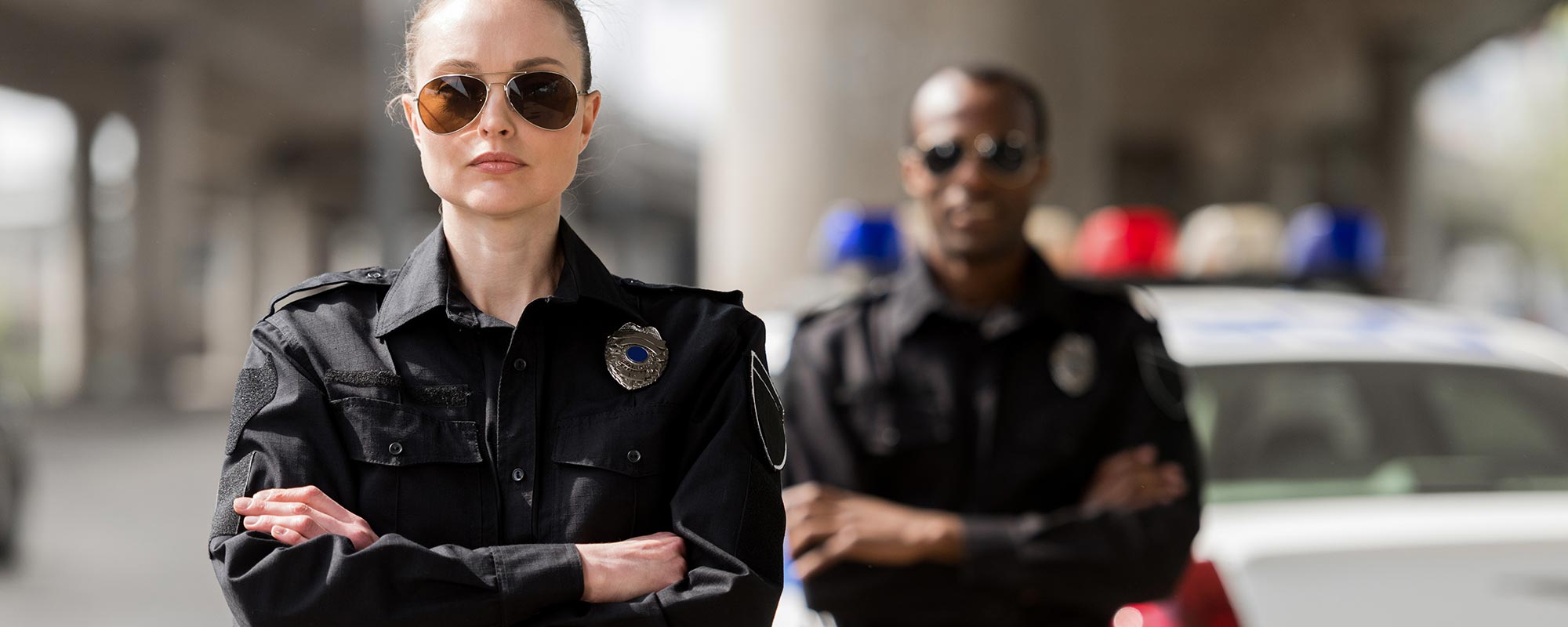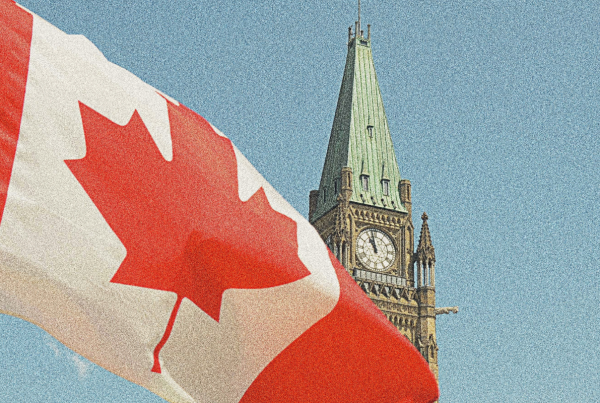If you were ever worried about carding, racial and social profiling leading to mass collection of data about marginalized people, now would be a good time for your concerns. On March 31st, the province issued a new Emergency Order in Council that allows police officers and bylaw enforcement officers to demand your name, address and date of birth if they have reasonable and probable grounds to believe that you have violated one of the many new emergency orders. In addition, the Order states, if the demand has been made, you must comply; while the many protections against carding that communities and activists (and CCLA) have been fighting for years are nowhere in sight.
While we certainly understand the enormity of the pandemic, and of the province’s task in trying to contain it, allowing police and bylaw officers this kind of power, with no further constraints, no accountability, and no privacy protections, could lead to a mass police database of proportions this province has not seen before.
After all, while the standard of “reasonable and probable grounds” is fairly clear, the restrictions in the emergency orders are anything but. It may not be difficult these days to violate – or appear to be violating – one of the many new rules, whether by being outside with one’s family, stopping at a safe distance to say hello to a neighbour, or taking one’s daily exercise in a densely populated neighbourhood. How will police and (perhaps less well-trained) by-law officers know? More concerning: how will the individuals and the public know whether a law was violated, or whether the required reasonable and probable grounds standard was met? With no accountability measures, will anyone be looking to see if the officer was right or wrong; whether they were acting out of unconscious bias? If officers are not required to keep records on their own conduct – including whom they stop – and if there is no requirement for public reporting, how do we ensure that officers do not disproportionately stop people who are racialized, have a mental health disorder, or are a youth with a particular style of dress? Without transparency, how do we know where officers are being deployed, on what basis, and what measures (if any) are being used to prevent discrimination.
Once a demand has been given, the individual must comply, yet the Emergency Order setting out this dubious requirement does not require officers to tell people the reason for the stop; or to provide to them a carbon copy of the information recorded – not even a receipt with the officer’s name, let alone links to information on complaints, privacy, and human rights. If officers are not required to record the reason for the stop and its outcome, and if there is no transparency, how can the public know whether this activity was for a legitimate reason?
Still more concerning, once the data is collected, the Emergency Order says nothing about where it will be stored, for how long, and how to get it expunged (if ever).
In fighting a pandemic, collecting mass individual data is not the only option, and it is questionable how useful or effective it can be. Without this Order, officers can still educate, warn, disperse gatherings, and undertake other forms of sensible policing, and police officers can still arrest individuals if necessary.
At best, this new Order is reckless and dangerous. At worst it could be seen as a bald attempt to re-animate carding, and re-populate a database with information about the residents of this city, and in particular, individuals who are racialized, Indigenous, homeless, have mental health issues, or are otherwise marginalized.
CCLA and many others have fought long and hard against racial and social profiling. Fighting a pandemic cannot and does not justify questionable and excessive measures with no constraints to protect people’s rights.
Noa Mendelsohn Aviv
Director of Equality
About the Canadian Civil Liberties Association
The CCLA is an independent, non-profit organization with supporters from across the country. Founded in 1964, the CCLA is a national human rights organization committed to defending the rights, dignity, safety, and freedoms of all people in Canada.
For the Media
For further comments, please contact us at media@ccla.org.





